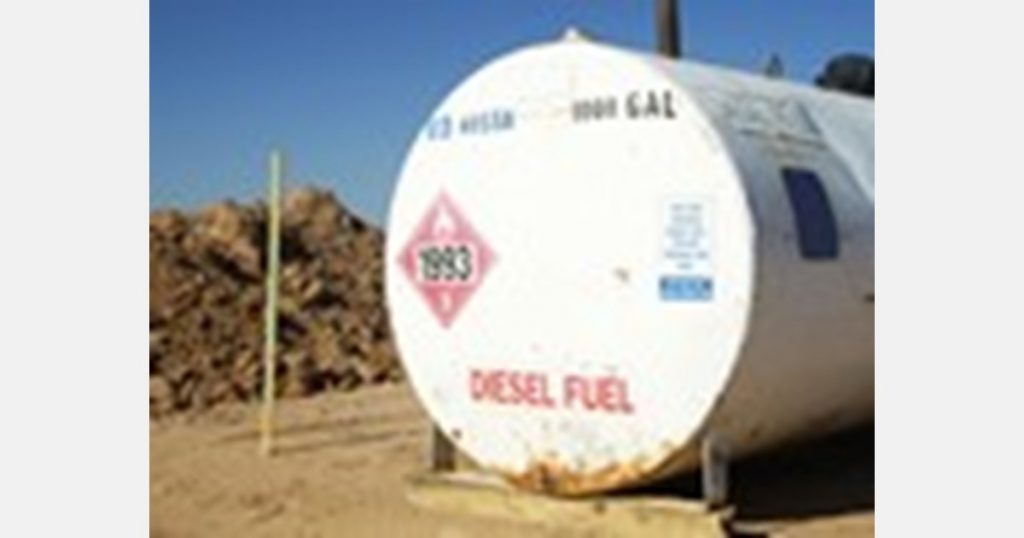Diesel shortages have grown acute in the once-prosperous OPEC nation of Venezuela since late last year, when the US ended an exemption to its sanctions on state oil company PDVSA that had allowed it to swap crude oil in exchange for imported diesel.
Farmers have been warning they may not have the fuel needed to plant staple corn and truckers are sounding the alarm about difficulty transporting food. Due to these alarming sounds, aid groups and some US Democratic lawmakers have pressed President Joe Biden to end the ban on swaps.
An survey late from last year found that 82.3% of Caracas residents said their income was insufficient to buy food for their family. According to the United Nations, more than 5.4 million Venezuelans are now living abroad.
Critics, and many farmers, say sanctions are not the root cause of the shortages. PDVSA’s 1.3 million barrel-per-day (bpd) refining network is operating at a fraction of its capacity, leaving Venezuela – home to the world’s largest crude reserves by some measures – dependent on imported fuel. Shortly after Venezuela received its last diesel cargo in November, the agriculture ministry began to ration the fuel.
Fields across Turen – in the center-west plains state of Portuguesa – are overrun with weeds that farmers need diesel-powered tractors to remove. In the lush mountains of Cubiro in the western state of Lara, many producers have stopped planting tomatoes, peppers and onions because fuel shortages make it hard to transport crops to market.
Source: wtvbam.com
Photo source: Dreamstime.com


